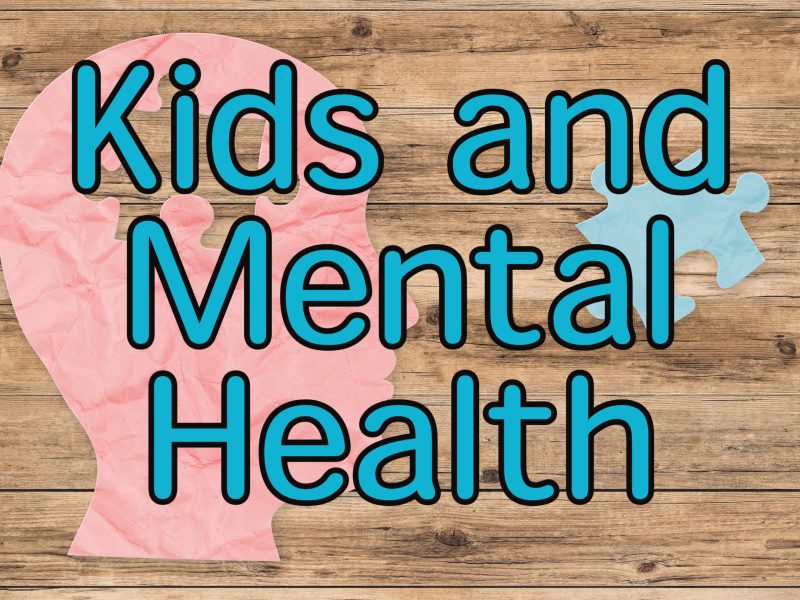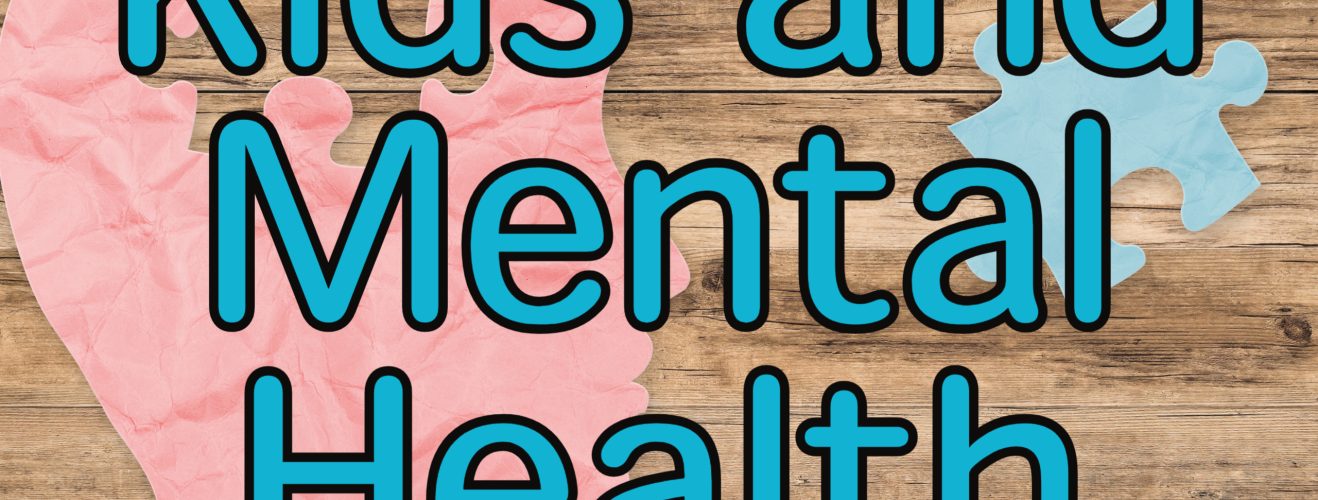

MSD Nurses offer tips on when to seek evaluation and treatment
Raising a child can be challenging. Even under the best circumstances, their behaviors and emotions can change frequently and rapidly. All children are sad, anxious, irritable or aggressive at times, or they occasionally find it challenging to sit still, pay attention or interact with others.
In most cases, these are just typical developmental phases. However, such behaviors may indicate a more serious problem in some children. Mental health conditions can begin in childhood. Examples include anxiety, autism spectrum disorder, attention-deficit/hyperactivity disorder (ADHD), depression, eating disorders and post-traumatic stress disorder (PTSD). Without treatment, these mental health conditions can prevent children from reaching their full potential.
How can you tell the difference between challenging behaviors and emotions that are a normal part of growing up, and those that are cause for concern? In general, consider seeking help if your child’s behavior persists for a few weeks or longer; causes distress for your child or your family; or interferes with your child’s functioning at school, at home, or with friends. If your child’s behavior is unsafe, or if your child talks about wanting to hurt themselves or someone else, seek help immediately.
Young children may benefit from an evaluation and treatment if they:
- Have frequent tantrums or are intensely irritable much of the time
- Often talk about fears or worries
- Complain about frequent stomach aches or headaches with no known medical cause
- Are in constant motion and cannot sit quietly (except when they are watching videos or playing video games)
- Sleep too much or too little, have frequent nightmares, or seem sleepy during the day
- Are not interested in playing with other children or have difficulty making friends
- Struggle academically or have experienced a recent decline in grades
- Repeat actions or check things many times out of fear that something bad may happen
Older children and adolescents may benefit from an evaluation and treatment if they:
- Have lost interest in things that they used to enjoy
- Have low energy
- Sleep too much or too little or seem sleepy throughout the day
- Are spending more and more time alone and avoid social activities with friends or family
- Diet or exercise excessively, or fear gaining weight
- Engage in self-harm behaviors (such as cutting or burning their skin)
- Smoke, drink, or use drugs
- Engage in risky or destructive behavior alone or with friends
- Have thoughts of suicide
- Have periods of highly elevated energy and activity and require much less sleep than usual
- Say that they think someone is trying to control their mind or that they hear things that other people cannot hear.
RESOURCES
-
Learn More
Find information on a variety of mental health topics.
-
Counseling Services
Your child’s school counselor may be able to help you with a counseling referral or contact the McMinnville School Based Health Center
-
Support and Crisis Services
- Lines for Life Call or text 988
- Oregon Youth Line Text teen2teen to 839863 or call 877.968.8491